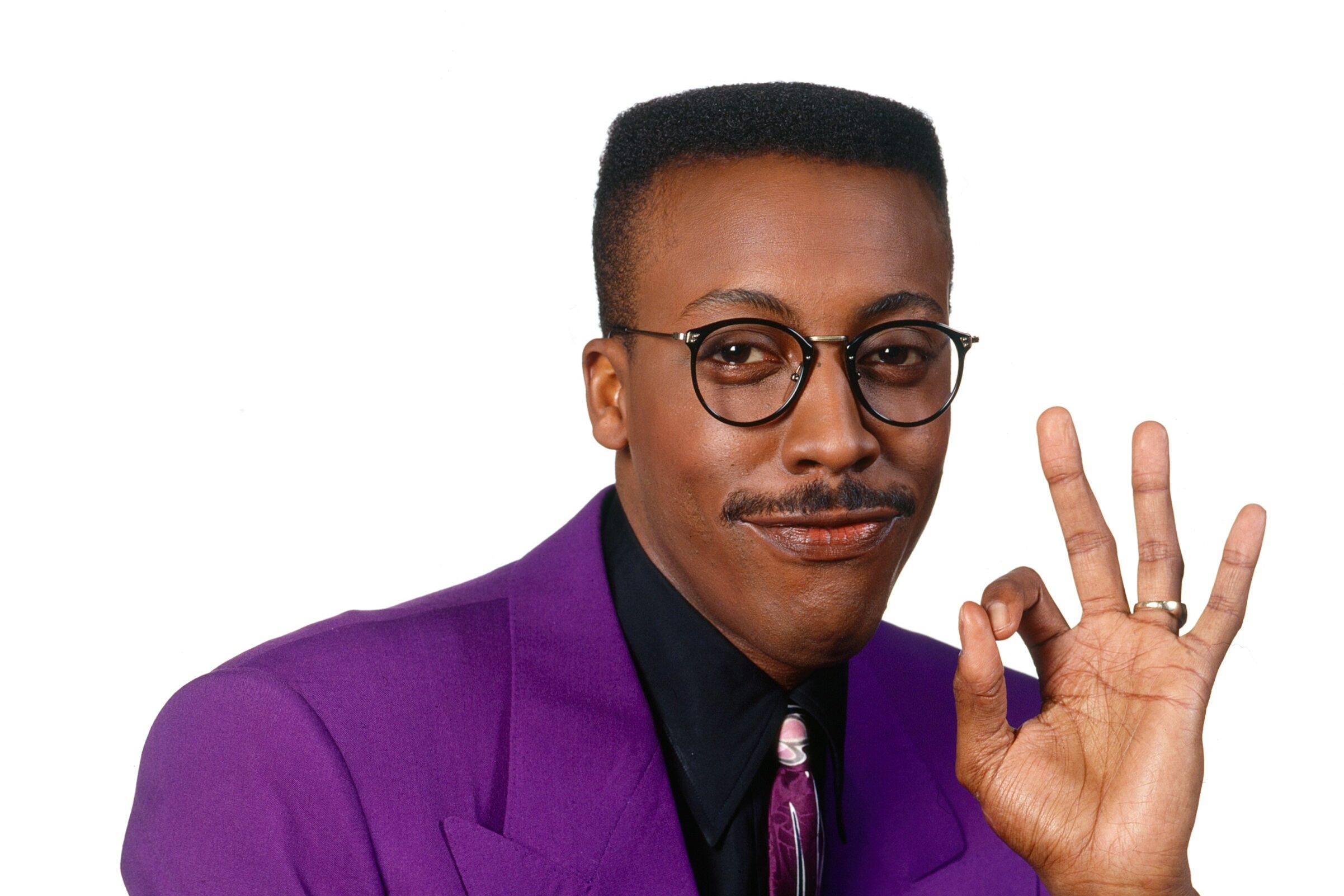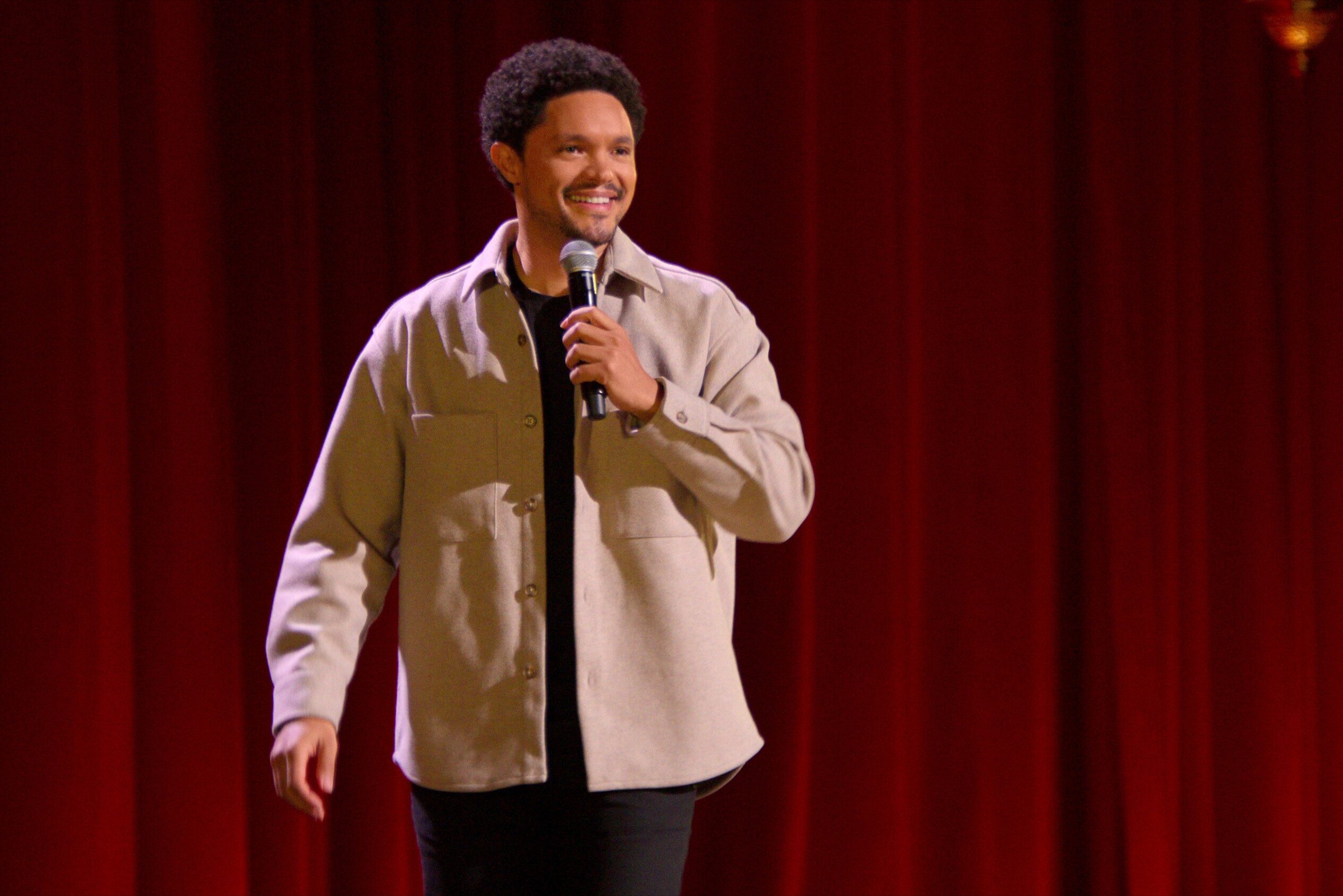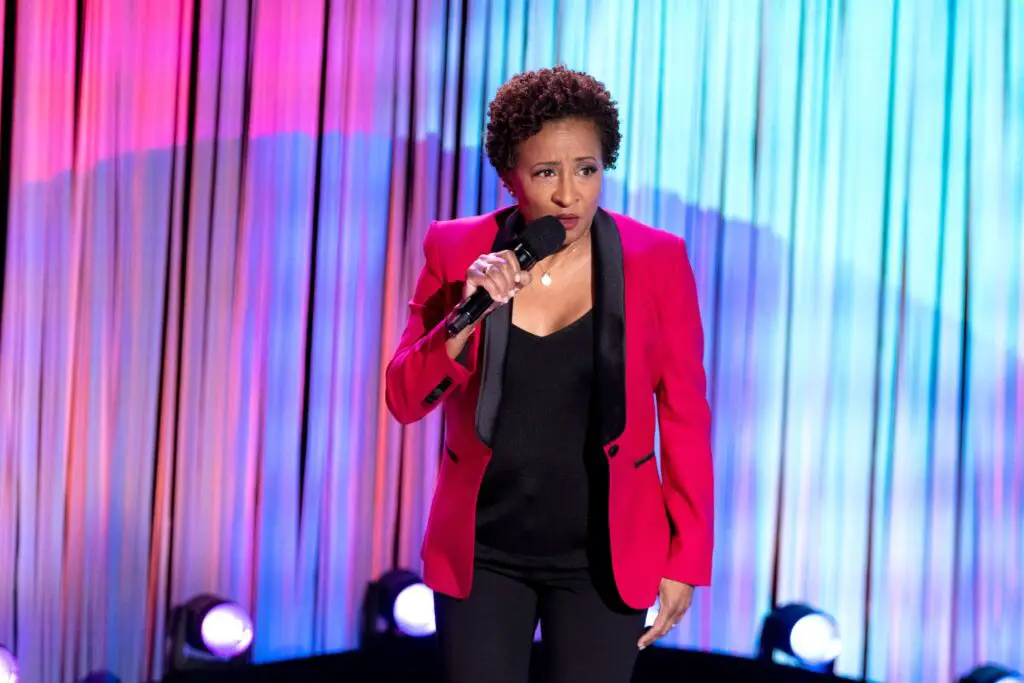1. Arsenio Hall

Arsenio Hall didn’t just enter late-night TV—he flipped the script entirely. When The Arsenio Hall Show hit the airwaves in ’89, it wasn’t trying to be The Tonight Show, and that was the point. Hall brought a fresh energy that appealed to younger audiences, especially Black viewers who didn’t see themselves represented in the traditional late-night format. His signature “Woof! Woof!” fist-pumping audience became iconic, a sign that this wasn’t your typical talk show. He booked guests mainstream networks often ignored, from hip-hop artists to political figures like Louis Farrakhan. When Bill Clinton played the saxophone on his show, it became a defining moment in political television. Hall made space for the conversations others wouldn’t have, discussing race, music, and culture in ways that felt organic, not forced. He wasn’t afraid to challenge guests or engage with serious topics while keeping things entertaining says Yardbarker.
His impact wasn’t just in who he interviewed—it was in how he did it. He brought humor but never at the expense of authenticity, making guests feel comfortable enough to let loose. Hall showed that late-night could be more than just a white guy in a suit reading cue cards. When his show ended in ’94, the landscape shifted back to the status quo, but his influence never faded. You see his DNA in shows like The Daily Show and even in modern hosts like Trevor Noah and Desus & Mero. He proved there was an appetite for late-night TV that wasn’t just catering to one demographic. His comeback in 2013 didn’t last long, but it reminded everyone just how much he’d shaped the space. Even today, comedians talk about how Hall made them feel seen. Late-night wasn’t just about jokes anymore—it was about culture, and Hall made sure it had a seat at the table.
2. Whoopi Goldberg

Whoopi Goldberg might be best known now for The View, but back in the ’90s, she made her mark on late-night TV in a way that few others could. She co-hosted Comic Relief alongside Billy Crystal and Robin Williams, bringing attention to homelessness while keeping the audience laughing. But it was her one-woman show energy, her ability to shift between humor and deep conversation, that set her apart. Unlike the traditional late-night hosts, Goldberg brought an unfiltered honesty to her interviews. She wasn’t afraid to challenge guests, ask bold questions, or sit in silence when the moment called for it. Her presence alone was a statement—Black women weren’t getting these opportunities in late-night, yet here she was, holding her own. She later hosted The Whoopi Goldberg Show in the early ’90s, a short-lived but impactful talk show where she took a more intimate, one-on-one approach with guests explains MSN.
What made Goldberg different was that she didn’t rely on a desk or a monologue to command attention. She could carry a conversation with her sheer presence, and that’s rare in late-night. She showed that comedy and commentary could go hand in hand, something that would later define shows like The Daily Show and Full Frontal with Samantha Bee. Even though her show didn’t last, Goldberg broke barriers simply by existing in that space. When she transitioned to The View, she brought that same energy—funny, direct, and unafraid to challenge anyone sitting across from her. She didn’t just change late-night; she expanded what people thought a talk show host could be. Her ability to navigate humor and hard-hitting discussions set a standard that many have tried to follow. She proved that a comedian didn’t have to stick to punchlines to hold an audience’s attention.
3. Trevor Noah

When Trevor Noah took over The Daily Show in 2015, he had impossibly big shoes to fill. Jon Stewart had made the show a late-night institution, mixing comedy with sharp political critique, and Noah’s arrival was met with skepticism. But rather than imitate Stewart, Noah made the show his own. He brought a global perspective, weaving in his South African roots and experiences as a biracial man in post-apartheid society. His approach to comedy was different—where Stewart leaned into outrage, Noah leaned into explanation says Washington Post. He took complicated issues, from systemic racism to foreign policy, and made them digestible without losing their weight. Under his leadership, The Daily Show became more than just a satirical news program—it became a space for education and dialogue. He also brought in diverse correspondents, giving fresh voices a platform in late-night.
Noah’s ability to balance comedy and compassion set him apart. He could roast politicians one moment and have an insightful conversation with a civil rights leader the next. His coverage of Trump-era politics, the COVID-19 pandemic, and racial justice movements showed that late-night hosts could be more than entertainers—they could be voices of reason. When he announced his departure in 2022, it was clear he had left an undeniable mark. Ratings aside, his biggest contribution was proving that late-night could be both funny and thoughtful without sacrificing one for the other. He expanded the genre’s boundaries, making it more inclusive, global, and socially conscious. Whether he was imitating world leaders or breaking down complex issues with humor, he made sure everyone watching felt a little smarter by the end of the episode. His legacy isn’t just in the jokes—it’s in the way he made people think.
4. Wanda Sykes

Wanda Sykes has been a powerhouse in comedy for decades, but her late-night influence is often overlooked. In 2009, she became the first Black woman to host a late-night talk show with The Wanda Sykes Show on Fox adds the Hollywood Reporter. The show had a roundtable format, mixing panel discussions with sketches and Sykes’ signature sharp humor. She brought a no-nonsense approach to hosting, tackling politics, race, and pop culture with the wit that made her stand out in stand-up. Unlike traditional late-night hosts, she didn’t rely on a sidekick or a house band—she carried the show with her personality alone. The show only lasted one season, but its impact went beyond ratings. Sykes shattered a glass ceiling, proving that a Black woman could headline a late-night show, even if networks weren’t ready to embrace it fully.
Beyond her own show, Sykes has been a frequent guest host on The Daily Show and Jimmy Kimmel Live!, bringing her signature style to mainstream late-night audiences. Her presence in these spaces has continued to challenge the industry’s status quo, showing that late-night doesn’t have to fit into a single mold. She’s also been a major voice in political satire, using her comedy to take on issues like LGBTQ+ rights and racial injustice. Her influence can be seen in the increasing diversity of late-night today, as more networks realize the need for different perspectives. Even though her own show didn’t last, her career proves that she didn’t need a desk to make an impact. She remains one of the sharpest voices in comedy, constantly pushing boundaries and making people think while they laugh. Wanda Sykes didn’t just show up in late-night—she made sure the industry knew she belonged.
